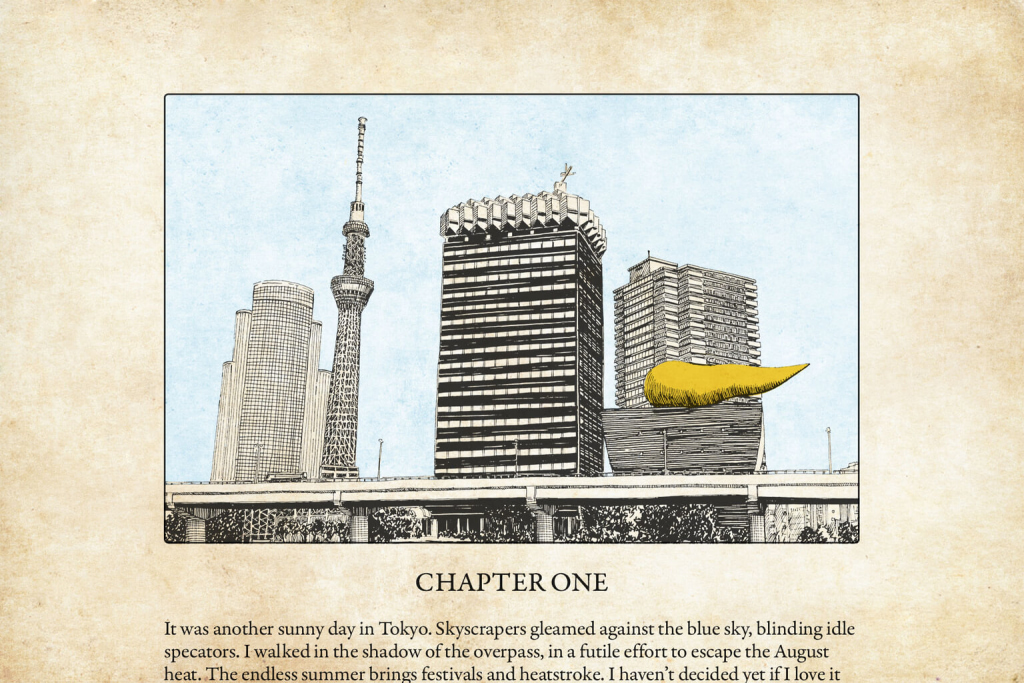Tokyo is undoubtedly a novelist’s city. Its patent eccentricity demands it play a role closer to a character than a setting, while its diverse neighborhoods – and the clerks, chefs, teens, salarymen, otaku, swindlers, single mothers and lonely gaijin inhabiting them – drip with narrative potential.
From the bestselling female authors who helped reinvigorate Japanese literature to hallmark tales from the two Murakamis, check out our list of the best contemporary fiction that takes place in Tokyo.
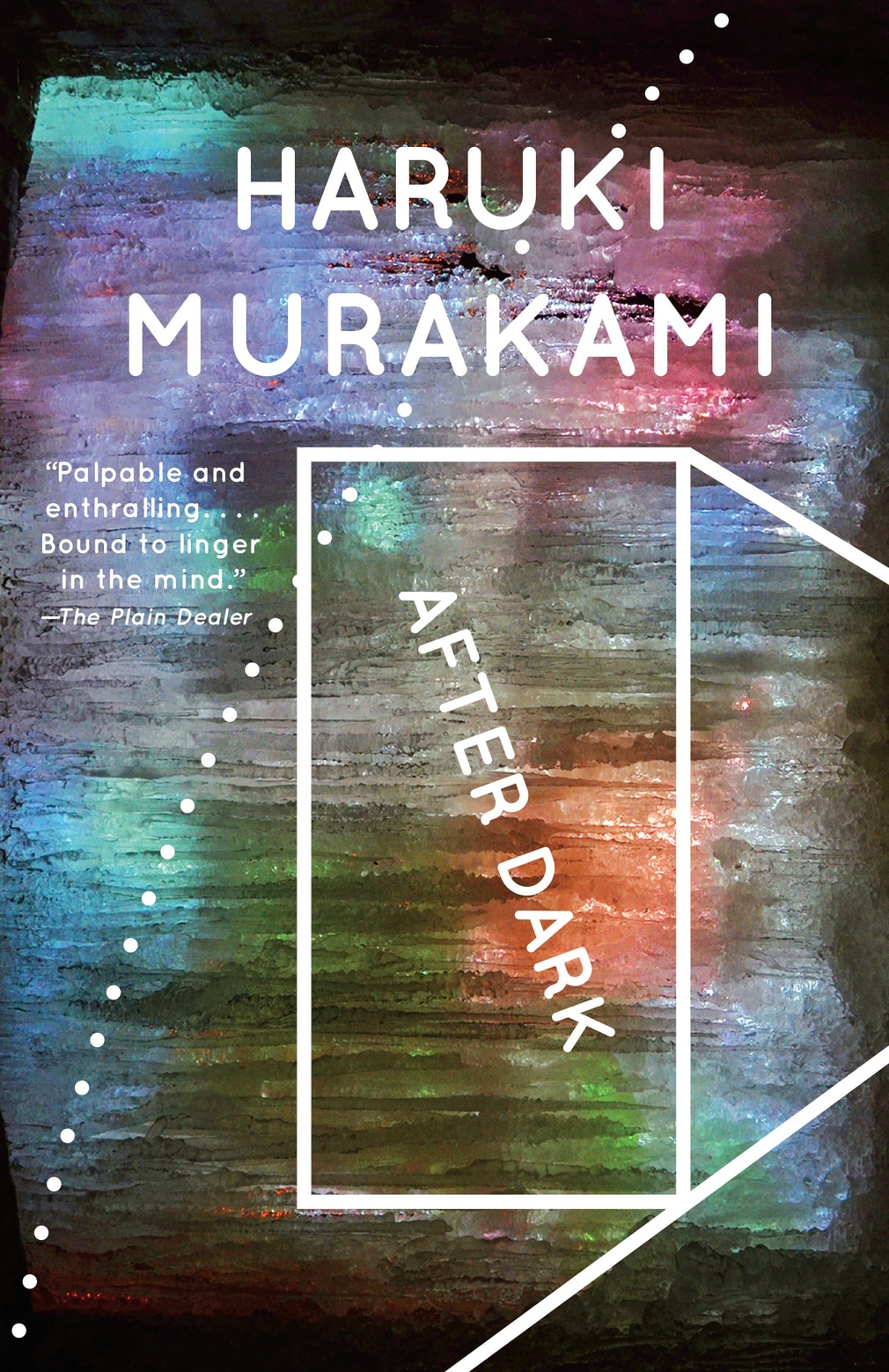
1. After Dark by Haruki Murakami (Translated by Peter Gabriel)
After Dark is in many ways classic Haruki Murakami: A coming-of-age story steeped in surrealism and set against the backdrop of the neon-splashed capital. Though 19-year-old Mari, journeying through Tokyo after dark, is the central protagonist, the city itself is the novel’s beating heart, coming alive through vibrant imagery and the unruly cast of characters Mari meets along the way. Love him or hate him, Murakami is a fundamental part of the Japanese literary canon. And this is him at his concise, metaphorical and philosophical best.
2. Breasts & Eggs by Mieko Kawakami (Translated by Sam Bett and David Boyd)
Breasts and Eggs is perhaps best known for its feminist overtones, dealing with female bodily autonomy, working-class womanhood, child-rearing and menstruation in incredibly frank and no-nonsense ways. But it’s also deeply autobiographical, focusing on the struggles of Natsuko, a part-time writer born into poverty in Osaka before moving to Tokyo, the pain of bringing another person into the world and comprehending the inevitability of death. Mieko Kawakami was chastised by the more patriarchal strands of the literary elite on the novel’s first publication, but Breasts and Eggs also placed her at the vanguard of female authors who have helped reinvent Japan’s contemporary fiction landscape.
3. The Nakano Thrift Shop by Hiromi Kawakami (Translated by Allison Markin Powell)
The thrift shop setting lends itself nicely to an oddball dramatis personae who populate the pages of Hiromi Kawakami’s The Nakano Thrift Shop. It centers around Hitomi, who takes a job at the titular establishment, and the romance that ensues between her and her colleague Takeo. Touching on themes of introversion, the importance of community and the power of nostalgia, this is a sweet and funny tale that makes for the literary equivalent of warming your feet under the kotatsu – perfect Sunday afternoon reading.
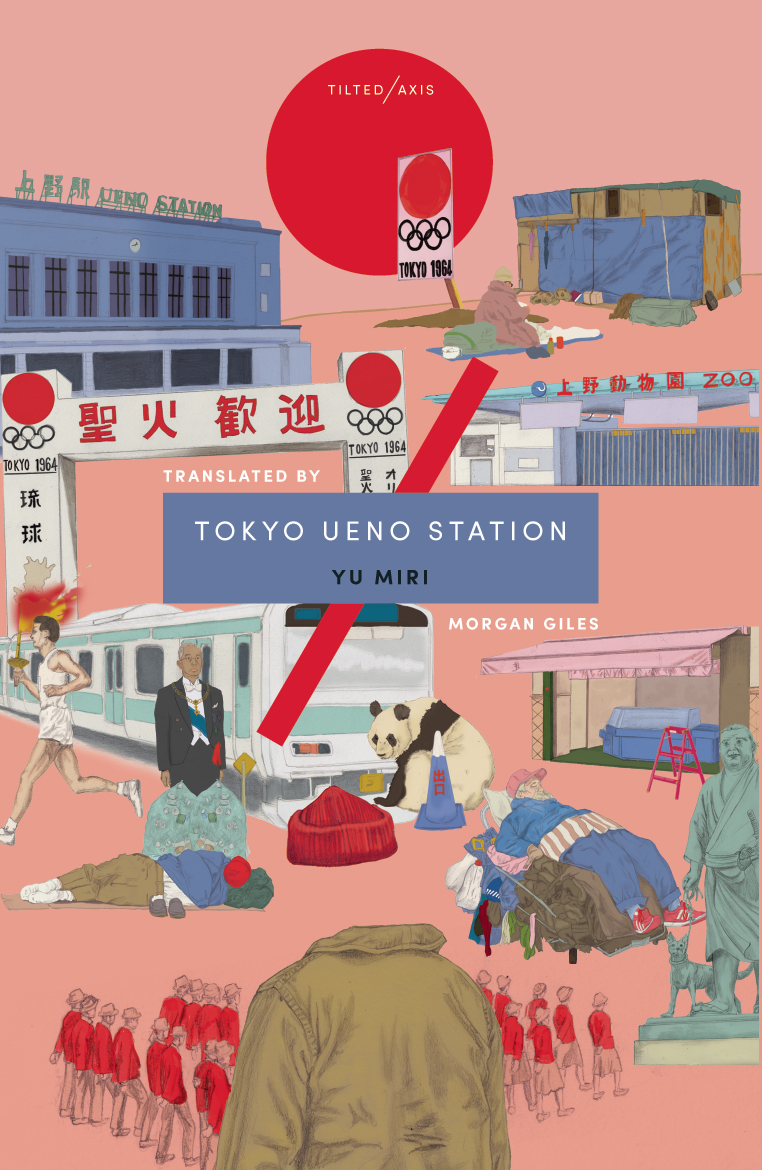
4. Tokyo Ueno Station by Miri Yu (translated by Morgan Giles)
With the controversies surrounding Tokyo 2020 still fresh in the memory, perhaps it’s good to visit (or re-visit) Tokyo Ueno Station, an anti-capitalist critique told through the eyes of a ghost who broke his back laboring on the mammoth industrial projects carried out to host Tokyo 1964, the city’s first Olympic Games. Kazu was homeless before he started to haunt the lawns of Ueno Park and as he reflects on his corporeal days on earth in stream-of-conscious monologues, it is hard to escape the lucid sense of melancholy and regret. Japanese fiction has never shied away from the supernatural and this is a classic kaidan (ghost story) fit for the modern era.
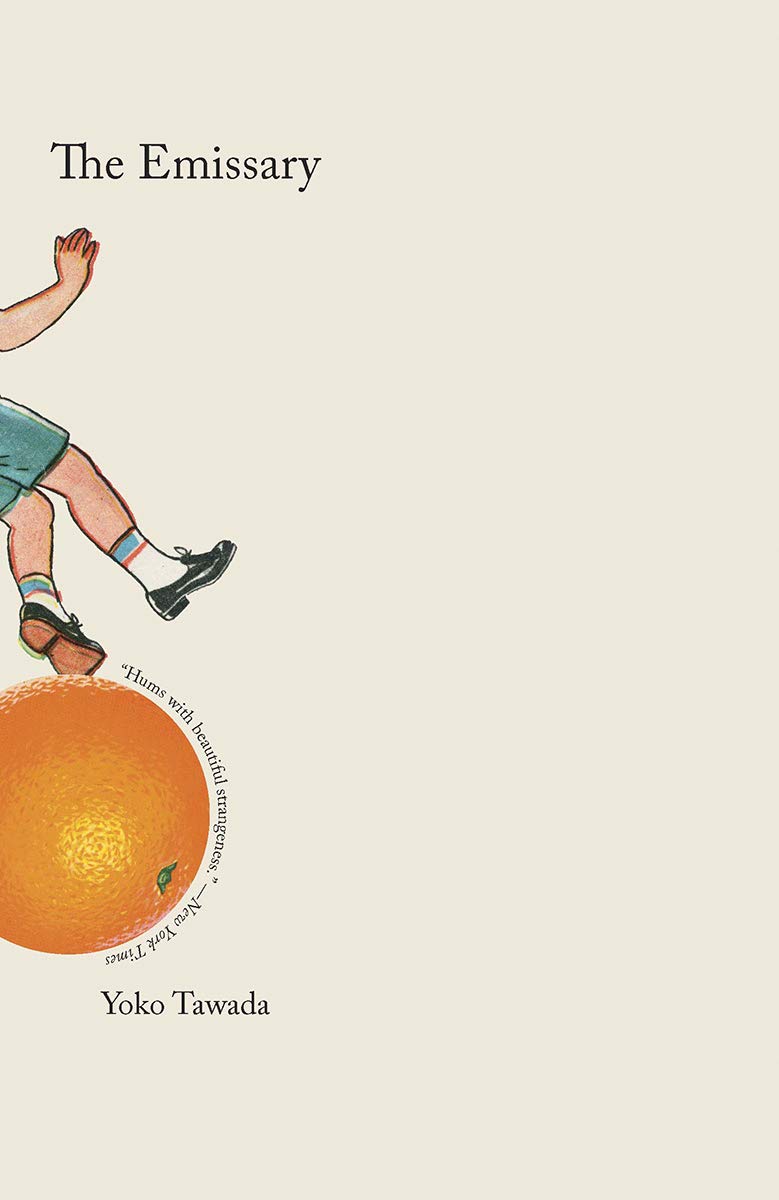
5. The Emissary by Yoko Tawada (Translated by Margaret Mitsutani)
Dystopian fiction has an uncanny knack for remaining topical and Yoko Tawada’s The Emissary stays true to the form by focusing on a Japan closed off to the outside world. Unusual by sci-fi standards, however, Tawada manages to build a compelling post-disaster Tokyo (and a narrative within it) in fewer than 150 pages. It follows Mumei, who, like all children in the new world, is born weak and feeble with little chance of surviving into adulthood. Then there’s his centenarian great-grandfather Yoshido, who, like all old people in the new world, remains fit as a fiddle. This subversion of the norm and the exploration of linguistic changes in a civil dystopia – because of course a Japanese dystopia would be civil – results in a deeply metaphorical novella that views the past through rose-tinted shades.
6. Tokyo Performance by Roger Pulvers
A short yet thought-provoking read, Tokyo Performance is an inherently Japanese tale from one of contemporary literature’s great Japanophiles, Roger Pulvers. Following celebrity chef Nori, who has an on-air breakdown during one of his shows, Tokyo Performance touches on fame’s Faustian pact, the challenges of absentee fatherhood and the travails of a life in the limelight. But just as with the old car crash adage, the further Nori’s life unravels through his long and winding monologues, the harder it is to peel your eyes away.
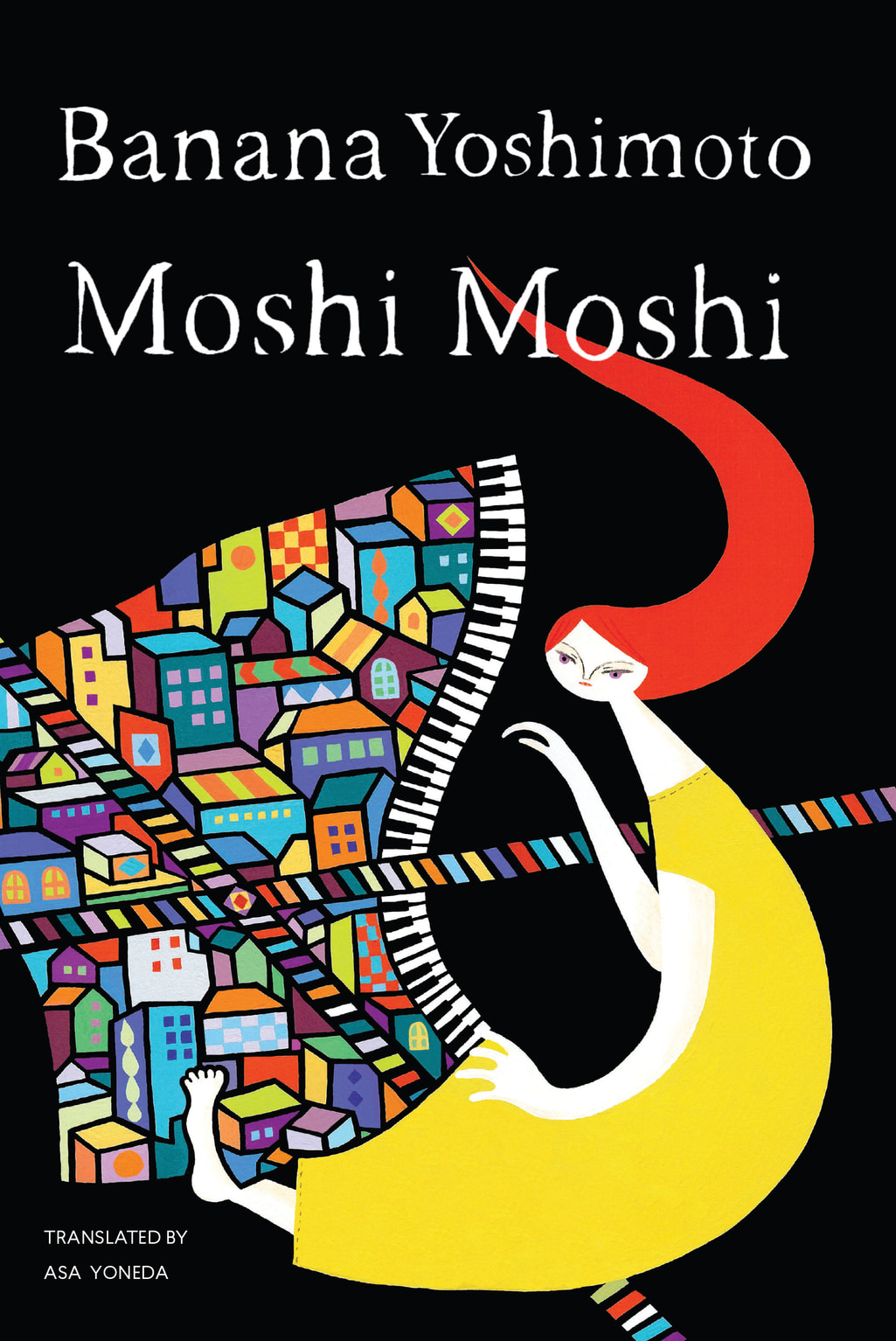
7. Moshi Moshi by Banana Yoshimoto (Translated by Gala Maria Follaco)
Banana Yoshimoto may have the greatest name in literature, but it’s her irrepressible writing chops that have turned her into a critical and commercial darling. Moshi Moshi, taken from the Japanese expression for “hello” used when answering the phone, is at its core a story of loss and how to deal with it. Yoshie’s father has died in a suicide pact with an unknown woman and now she’s plagued by nightmares of him looking for the phone he left behind. Is he trying to communicate with her? Will she uncover the secrets of her father’s life? Through prose that’s economical yet powerful, Moshi Moshi will pull on your heartstrings until the final word is read.
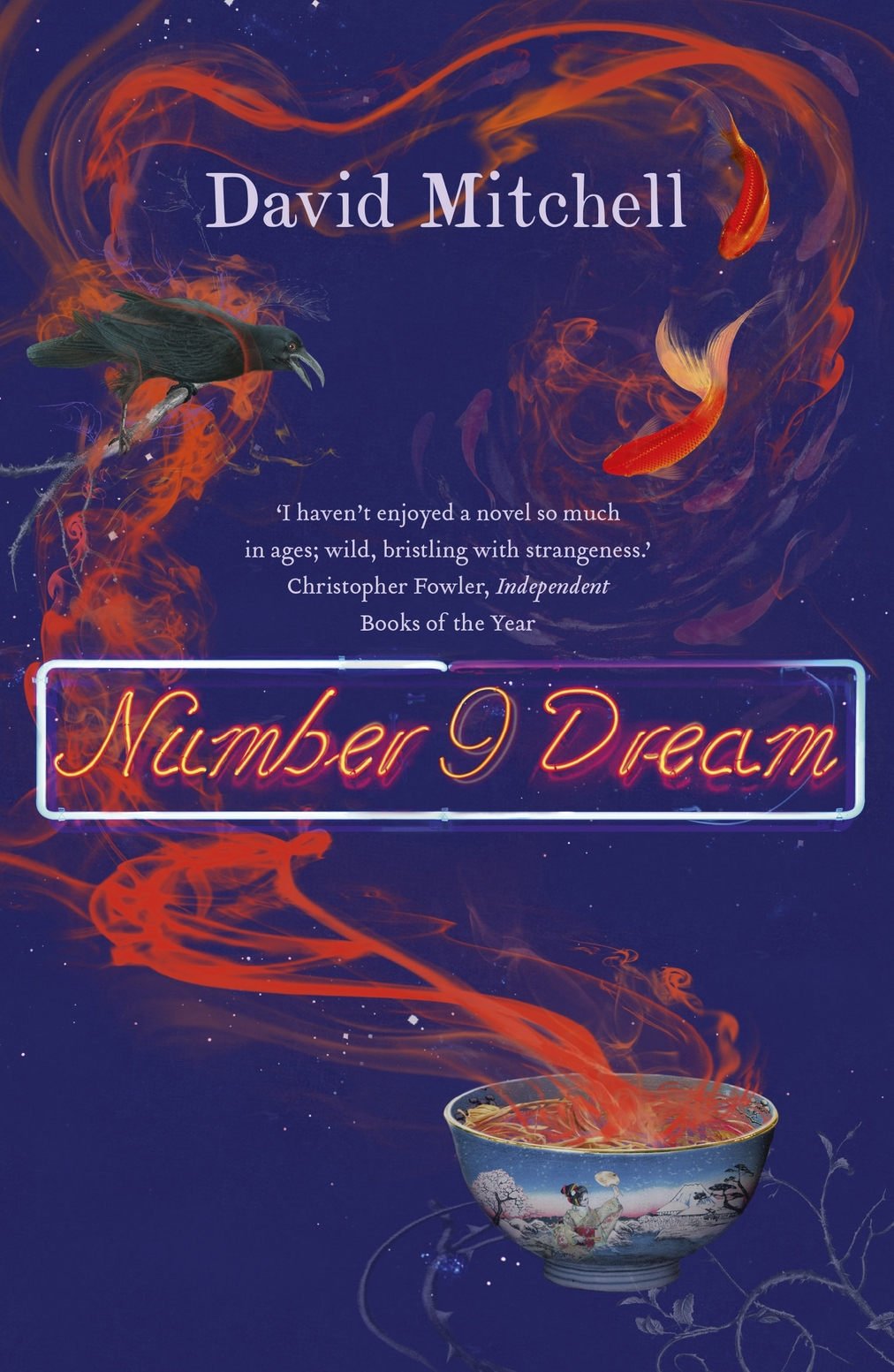
8. Number9Dream by David Mitchell
David Mitchell spent many years as an English teacher in Hiroshima before pivoting to novel writing full-time. Two decades later, he stands on the shoulders of giants as one of the great contemporary writers of world literature. Number9dream is his only book to take place primarily in Tokyo, where young Yakushima-native Eiji Miyake has come in search of his long-lost father. Through prose that carries you along like an oiled-up slip-n-slide, subtle hints at the surreal importance of the figure nine, and dreamlike sequences of thrills and suspense, Number9dream drives towards a conclusion that leaves as many dangling questions as concrete answers.
9. Convenience Store Woman by Sayaka Murata (Translated by Ginny Tapley Takemori)
The nameless faces of Tokyo’s convenience store clerks are indelible cogs in the wheel of modern society and Sayaka Murata’s Convenience Store Woman dives into the wonky mechanics of one particular cog. The main character, Keiko, lives for the convenience store: she feels its energy, understands its needs, chimes with its rhythmic sounds. But while perfectly content, the society in which she exists can’t get to grips with a middle-aged woman who sees no future beyond the sliding doors of the Hiiromachi Station Smile Mart. If there’s one question to take away from this pithy critique of modern Japan, it’s “What is normal anyway?”
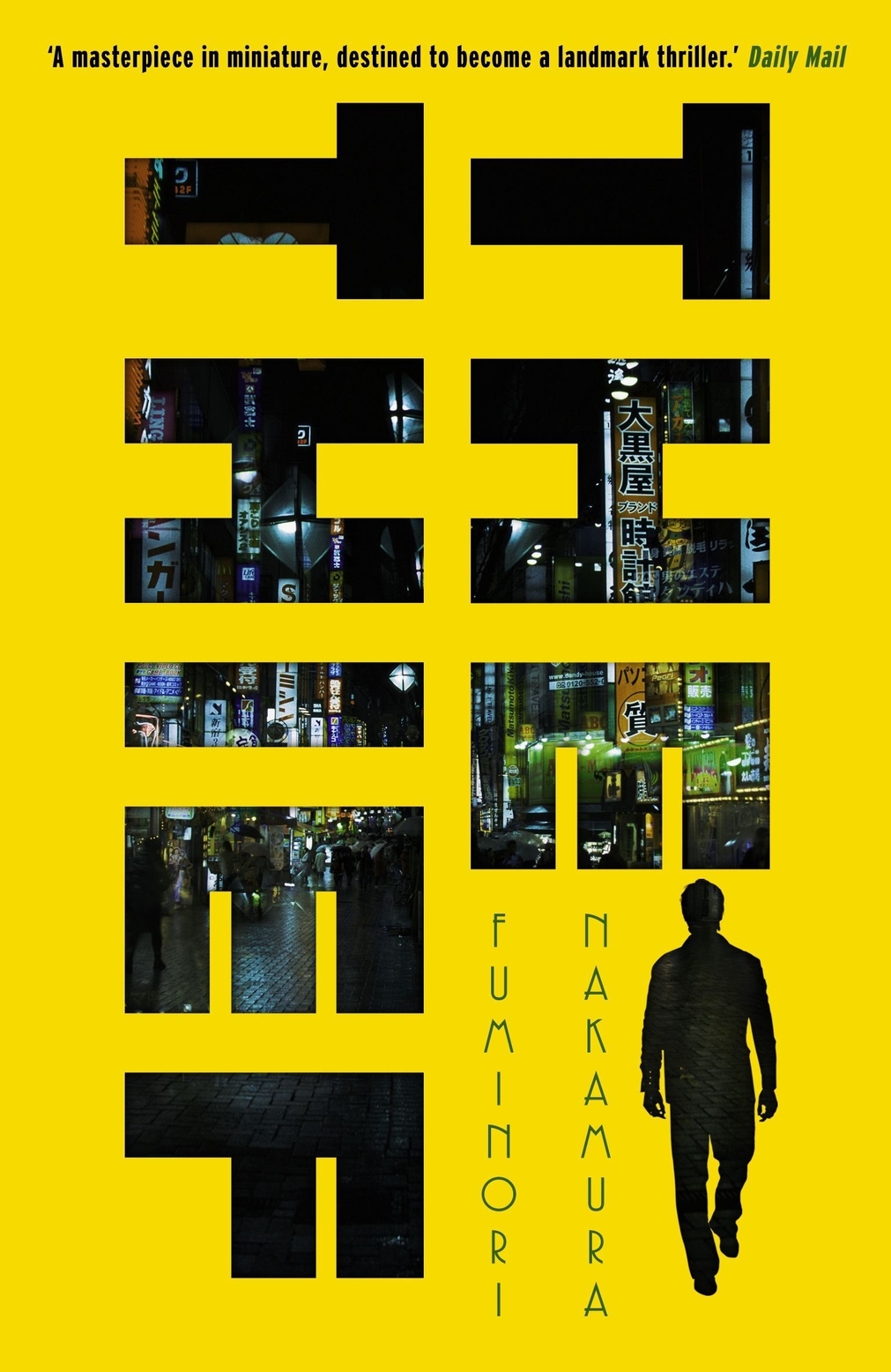
10. The Thief by Fuminori Nakamura (Translated by Satoko Izumo and Stephen Coates)
A pickpocket snatching wallets and watches from the rich and powerful in the world’s safest city tees up an interesting plot in Fuminori Nakamura’s The Thief. But as with all good antiheroes, the pilfering protagonist, Nishimura, is positioned as a Robin Hood-like vigilante, exposing his moral compass early in the novel by saving a high-school girl from a rush-hour train groper. Nishimura’s future is then cast into uncertainty as he develops a father-son relationship with a boy from a broken home and as his murky past comes back to haunt him, causing the tension to build exponentially as these competing forces collide.
11. In The Miso Soup by Ryu Murakami (Translated by Ralph F. McCarthy)
Ryu Murakami has long been one of Japan’s edgiest contemporary writers and In the Miso Soup is the embodiment of his brazen, no-holds-barred style. What starts out as book that might be a DIY sleuth story – in the manner of Blue Velvet – featuring a young Japanese tour guide and a slightly odd American tourist prowling the sex clubs of late 90s Kabukicho, takes some rather unexpected turns. The result is part suspense novel, part meditation on the nature of psychopathy. It’s also an exploration of what it means to be a young Japanese person in a newly materialist world. For better or worse, you won’t forget it in a hurry.
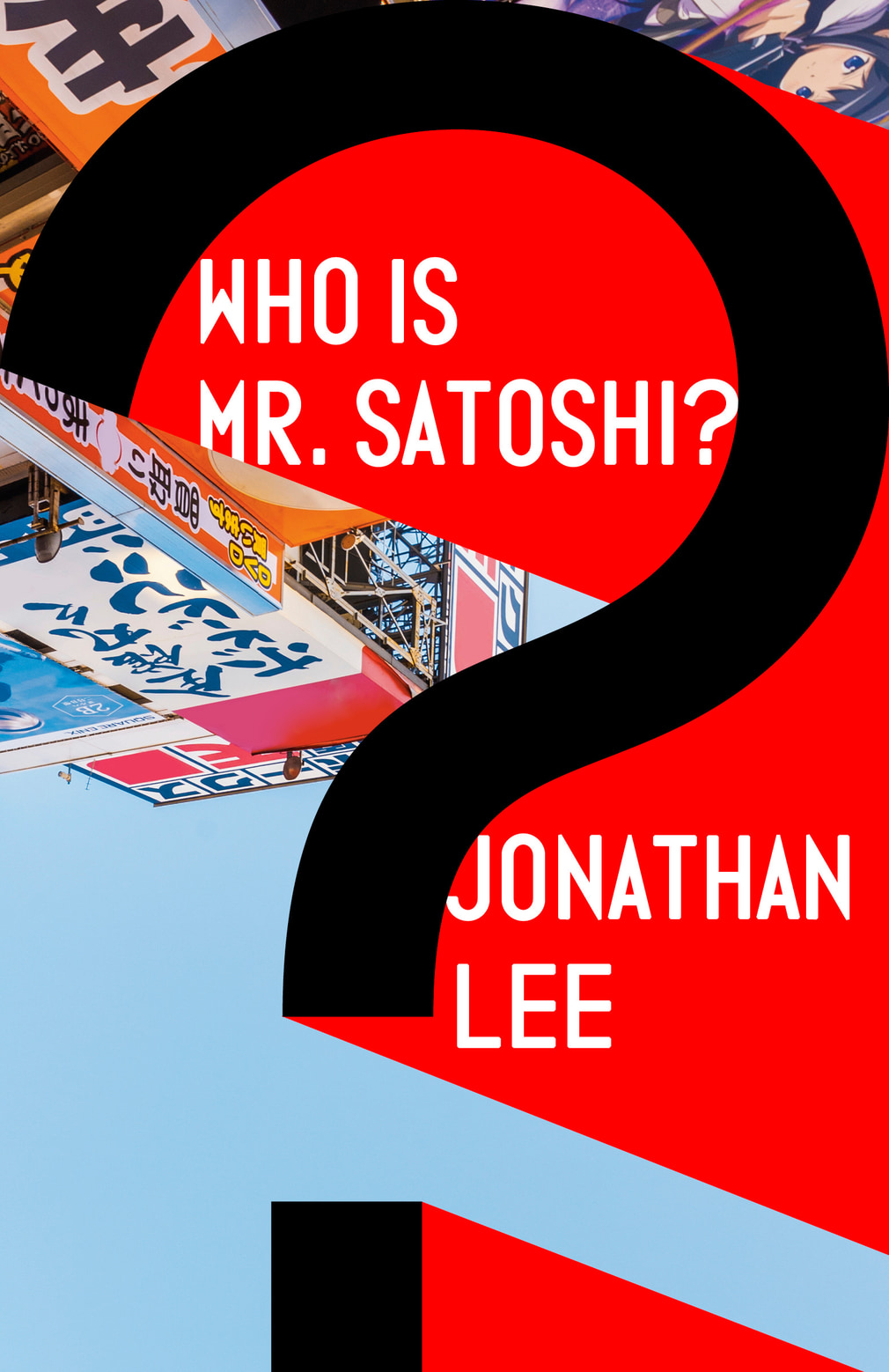
12. Who is Mr. Satoshi? by Jonathan Lee
It is a testament to Jonathan Lee’s storytelling prowess that his debut novel, Who is Mr. Satoshi? received such widespread praise upon its publication in 2010. The protagonist is Rob “Foss” Fossick, a depressed photographer dealing with the loss of his wife and then his mother through a cocktail of prescription drugs. Upon her death, Foss’s mother leaves him a package addressed to a “Mr. Satoshi” now living in Tokyo, leading to the titular question around which the story revolves. Placing a down-and-out English cameraman in Tokyo provides for some wonderful (and at times humorous) imagery to help color the narrative, all while Foss searches for the mysterious Mr. Satoshi and embarks upon his own journey of self-discovery.

